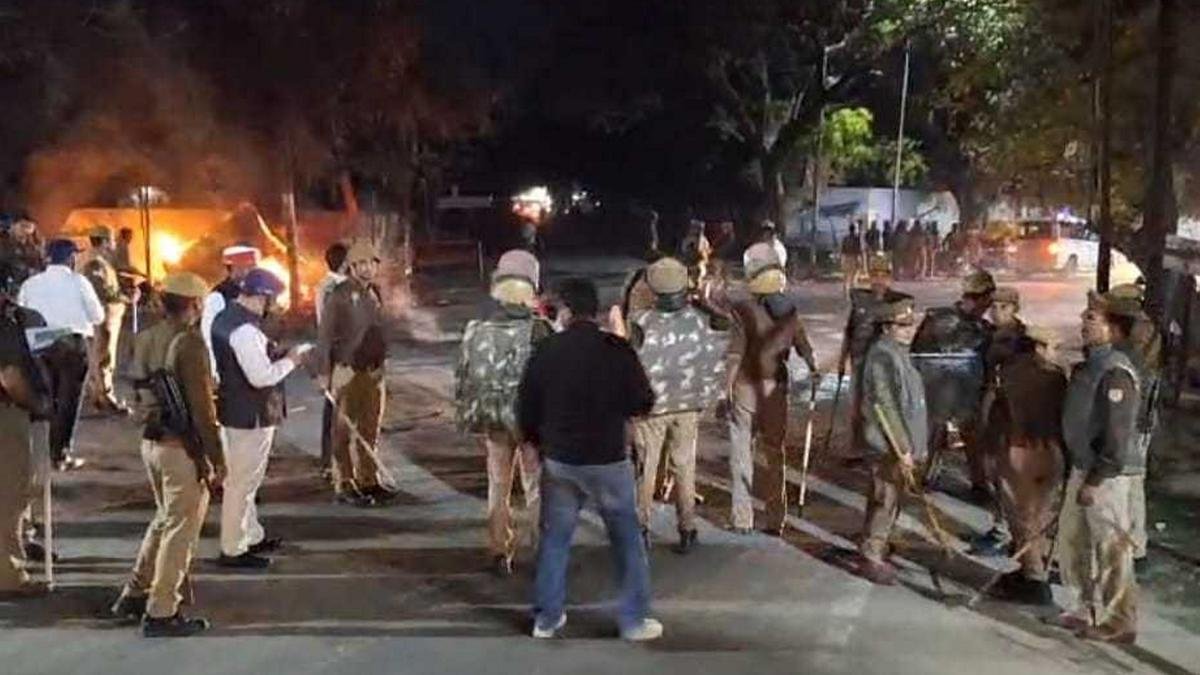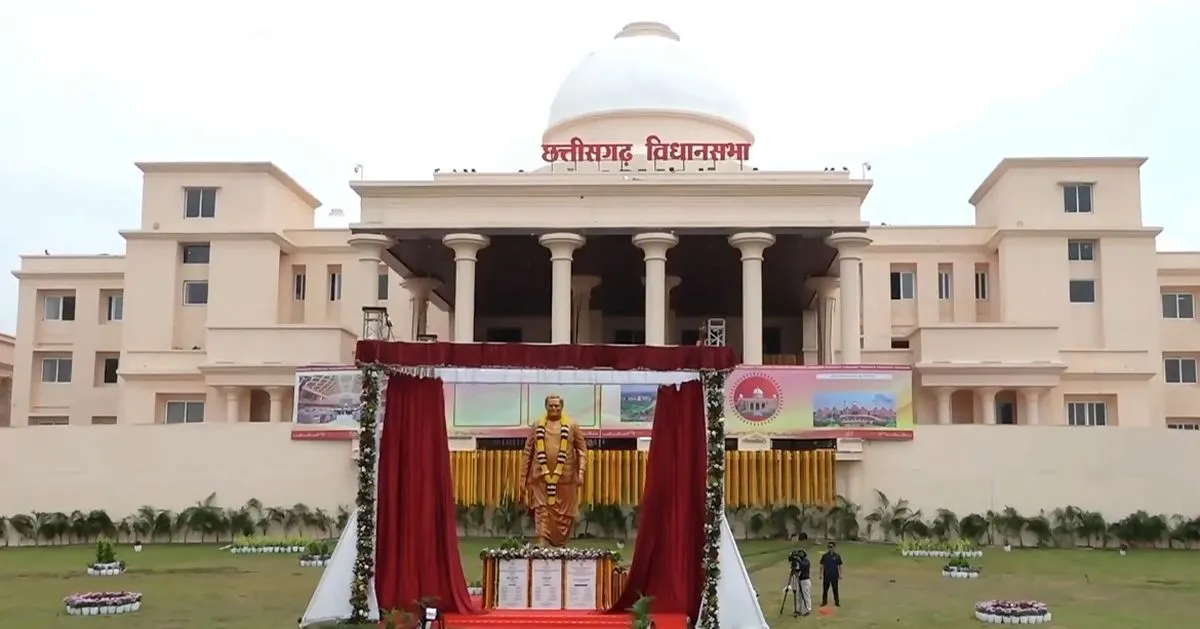New Delhi, April 29 — When we speak of India’s freedom struggle, the names that come to mind are often those of political leaders and revolutionaries. But there is one name that goes beyond political independence — Dr. B.R. Ambedkar, who not only drafted the Indian Constitution but also laid the foundational legal framework for labor rights in India.
Often remembered as the chief architect of the Constitution, Ambedkar was also a fierce advocate for the working class. His efforts gave shape to India’s early labor laws, ensuring that workers received not just employment but dignity, safety, and security.
The Beginning of Legal Protection for Workers
In the 1920s, India’s industrial laborers were subjected to brutal conditions — long working hours, unsafe environments, no maternity benefits, and widespread exploitation of women and child laborers. It was in this context that Ambedkar emerged as a powerful voice for labor justice.
In 1928, he became a member of the Bombay Textile Labour Committee and strongly asserted that a worker should not merely be seen as “a pair of hands” but as a “respected citizen.” This philosophy became the bedrock of India’s modern labor laws.
Key Labor Laws Enacted Under Ambedkar’s Leadership
When Dr. Ambedkar became the first Law Minister of independent India, he played a pivotal role in drafting and enforcing several landmark labor legislations. These laws continue to form the backbone of India’s labor justice system today:
- The Factories Act, 1948 — This act regulated working conditions, enforced limits on working hours, and provided for worker safety and welfare. It laid down the 8-hour workday, mandated rest breaks, and offered protection for women and children in factories.
- The Mines Act, 1952 — Aimed at ensuring health and safety in mining sectors, this law was introduced under Ambedkar’s guidance to protect mine workers, one of the most vulnerable labor groups at the time.
- Employees’ Provident Fund Act, 1952 — Recognizing the need for social security, Ambedkar was instrumental in establishing a national provident fund for employees — a crucial step toward retirement and old-age financial support for workers.
- Workmen’s Compensation Act, 1923 (later renamed Employees’ Compensation Act) — Ambedkar ensured its strict implementation, making it mandatory for employers to compensate workers in case of injury or death at the workplace.
- Industrial Disputes Act, 1947 — This law addressed disputes between employers and workers and established labor courts and tribunals for resolution, thereby institutionalizing industrial peace.
- 8-Hour Workday — Ambedkar formally introduced the concept of an 8-hour workday in India in 1942, during his tenure as Labour Minister in the Viceroy’s Executive Council. At a time when 12 to 14-hour shifts were the norm, this was a historic step.
India’s Global Labor Image: Strengthened Under Ambedkar
Dr. Ambedkar also played a major role in aligning India with international labor standards. He ensured India’s active participation in the International Labour Organization (ILO) and adopted several ILO conventions that improved the global image of Indian labor rights.
His vision was that India should not just industrialize but do so with justice and human dignity for workers.
Revolutionizing Labor Policy from the Top
Between 1942 and 1946, as Labour Member of the Viceroy’s Council, Ambedkar implemented numerous welfare schemes: state-sponsored insurance for workers, maternity benefits for women, weekly holidays, the right to form trade unions, and the establishment of labor welfare courts.
He also fought caste-based discrimination within labor markets. For him, a worker’s caste should never determine their wage, dignity, or treatment — a progressive idea even today.
Ambedkar’s Labor Vision: Still Relevant Today
In today’s times — when debates on informal labor, gig economy workers, and labor reforms are more prominent than ever — Ambedkar’s vision remains deeply relevant. His labor laws were not merely technical statutes but were designed with a humanist outlook rooted in equality and justice.
As India transitions to new labor codes replacing the earlier laws, concerns are being raised about whether the foundational principles laid down by Ambedkar — protection, security, and dignity — are being upheld or diluted.
Are laborers being seen again merely as economic units, or as human beings deserving of rights and recognition? This remains an urgent question.
Conclusion
Dr. B.R. Ambedkar gave India more than a Constitution — he gave the working class a legal structure through which they could demand fairness, protection, and respect. His contribution to labor justice laid the path for millions of Indian workers to dream of a better life.
To forget Ambedkar’s labor legacy is not just a historical omission — it is a betrayal of the very idea of social justice.














Leave a Reply